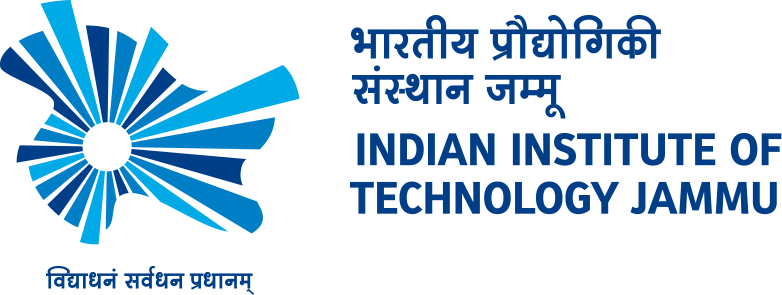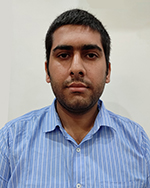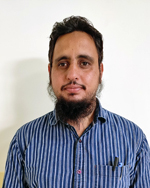The Department of Civil Engineering is the newest branch at MIET and will accept its first batch from the academic session 2016-17. The department will continue the legacy of excellence and innovation as established by MIET.
Vision
To become a world class department of Civil Engineering with Demonstrated Excellence in Teaching, Research, Innovation and Consultancy.
Mission
- To impart high quality instruction in Civil Engineering, equipping students with fundamental knowledge and capabilities to solve real-world problems.
- To integrate academics, research innovation and entrepreneurship to create significant value for all stakeholders.
- To develop meaningful linkages with world class organizations to constantly enhance capacity and capability.
Program Educational Outcomes (PEOs)
- Successfully apply fundamental knowledge of Civil Engineering in an innovative manner to solve complex problems.
- Build successful careers in diverse domains.
- Demonstrate professional growth and development in their chosen fields or progress towards an advance degree.
- Build reputation for excellence, leadership & ethics.
Program Objectives (POs)
-
Engineering Knowledge: Apply the knowledge of mathematics, science, engineering fundamentals, and an engineering specialization to the solution of complex engineering problems.
-
Problem Analysis: Identify, formulate, review research literature, and analyze complex engineering problems reaching substantiated conclusions using first principles of mathematics, natural sciences, and engineering sciences.
-
Design/development of solutions: Design solutions for complex engineering problems and design system components or processes that meet the specified needs with appropriate consideration for the public health and safety, and the cultural, societal, and environmental considerations.
-
Conduct investigations of complex problems: Use research-based knowledge and research methods including design of experiments, analysis and interpretation of data, and synthesis of the information to provide valid conclusions.
-
Modern tool usage: Create, select, and apply appropriate techniques, resources, and modern engineering and IT tools including prediction and modeling to complex engineering activities with an understanding of the limitations.
-
The engineer and society: Apply reasoning informed by the contextual knowledge to assess societal, health, safety, legal and cultural issues and the consequent responsibilities relevant to the professional engineering practice.
-
Environment and sustainability: Understand the impact of the professional engineering solutions in societal and environmental contexts, and demonstrate the knowledge of, and need for sustainable development.
-
Ethics: Apply ethical principles and commit to professional ethics and responsibilities and norms of the engineering practice.
-
Individual and team work: Function effectively as an individual, and as a member or leader in diverse teams, and in multidisciplinary settings.
-
Communication: Communicate effectively on complex engineering activities with the engineering.
-
Project management and finance: Demonstrate knowledge and understanding of the engineering and management principles and apply these to one’s own work, as a member and leader in a team, to manage projects and in multidisciplinary environments.
-
Life-long learning: Recognize the need for, and have the preparation and ability to engage in independent and life-long learning in the broadest context of technological change.
Program Specific Outcomes (PSOs)
- Demonstrate fundamental knowledge in Civil Engineering by applying it in diverse domains of Structural Engineering, Hydrology and Environmental Engineering, Transportation Engineering and other allied domains.
- Demonstrate competence in designing, implementing and testing civil structures in different environments by utilizing modern methodologies and advanced technologies as per industry norms and standards.
Specializations
MIET offers Civil Engineering Hons. / Minor degree with specializations in the following
- AI & Machine Learning
- Internet of Things
- Data Science
- Cloud Computing
- Cyber Security
In association with ![]()
- Transportation Engineering
- Hydraulics & Water Resources Engineering
In association with 
Civil Faculty





























